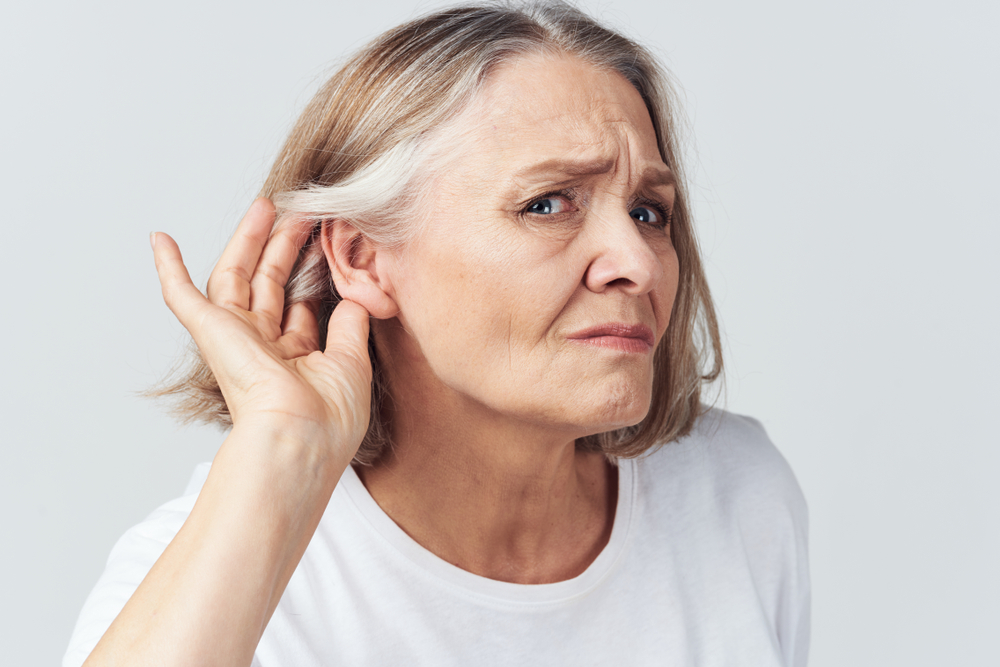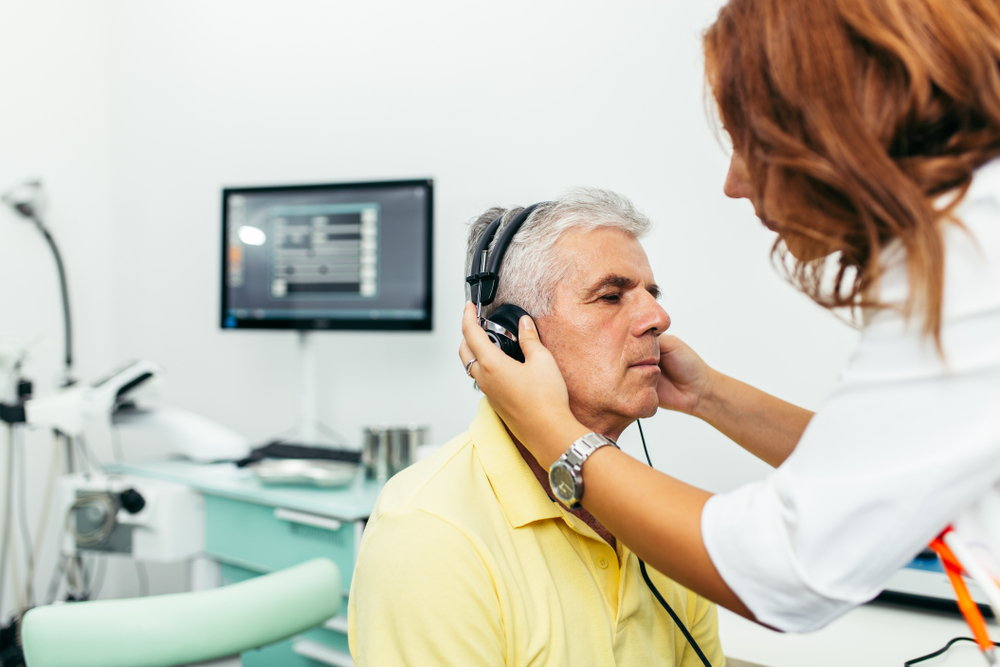When you’re in pain, you may reach for aspirin or ibuprofen without much thought, but new studies have demonstrated risks you should be aware of.
Many common pain relievers, including those bought over-the-counter, carry risks to your hearing that you’ll want to weigh when considering using them. Astonishingly, younger men may be at greater risk. Most people do not know of the risk of hearing loss when taking pain medication.
What Studies Say About Hearing Loss and Pain Killers
A comprehensive, 30-year collaborative study was conducted among researchers from prestigious universities like Harvard, Brigham Young, and Vanderbilt. The researchers asked 27,000 people between the ages of 40 and 74 to complete a biennial questionnaire that included numerous lifestyle and health questions.
Because the questionnaire was so broad, researchers were unsure of what they would find. After reviewing the data, they were surprised to find a strong connection between hearing loss and over-the-counter pain relievers.
They also faced a more startling realization. Men younger than 50 were nearly twice as likely to have hearing loss if they regularly used acetaminophen. Those who frequently used aspirin had a 50% chance of suffering from hearing loss. And those who used NSAIDs (ibuprofen, naproxen) had a 61% chance of developing permanent hearing loss.
It was also striking that taking low doses regularly seemed to be worse for their hearing than taking higher doses occasionally.
It’s important to note this connection, but it doesn’t definitively show whether the pain relievers actually caused the hearing loss. More studies are needed to prove causation. But these findings are compelling enough that we should rethink how we’re using pain relievers.
Pain Relievers and Hearing Loss – Current Theories
Researchers have several plausible theories as to why pain relievers may cause hearing damage.
When you experience pain, your nerves communicate this sensation to the brain. Over-the-counter pain relievers work by reducing blood flow to specific nerves. This disrupts nerve signals that normally communicate with the brain, so you feel a reduced pain level.
Researchers believe this process also reduces blood flow in the inner ear. This blood carries vital oxygen and nutrients. When the flow is reduced for extended periods of time, cells become malnourished and die.
Acetaminophen, which showed the most significant connection, may also reduce the production of a particular protein that helps protect the inner ear from loud noises increseing the risk of hearing loss when taking pain medication.
What You Can Do
The most noteworthy revelation was that men younger than 50 were the most likely to be affected. This is a solemn reminder that hearing loss can occur at any age. The steps you take when you’re younger can help preserve your hearing as you age.
While we aren’t suggesting you completely stop taking pain relievers, you should acknowledge that there may be negative consequences. Take pain relievers as prescribed and reduce how often you take them, if possible.
Seek out other pain relief options, including gentle exercise to mitigate the risk of hearing loss when taking pain medication. You should also reduce the consumption of inflammation-causing foods and increase Omega-3 fat in your diet. These methods have been shown to naturally reduce inflammation and pain while improving blood flow.
Lastly, visit your hearing specialist each year to get your hearing checked, and find out if you need a hearing aid. Remember, you’re never too young to get your hearing tested. If you’re younger than 50, now is the time to start talking to a hearing specialist about preventing further hearing loss that may require a hearing aid.



